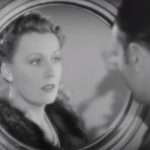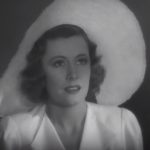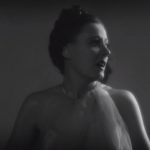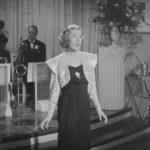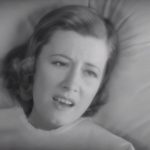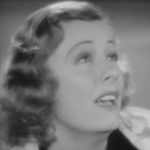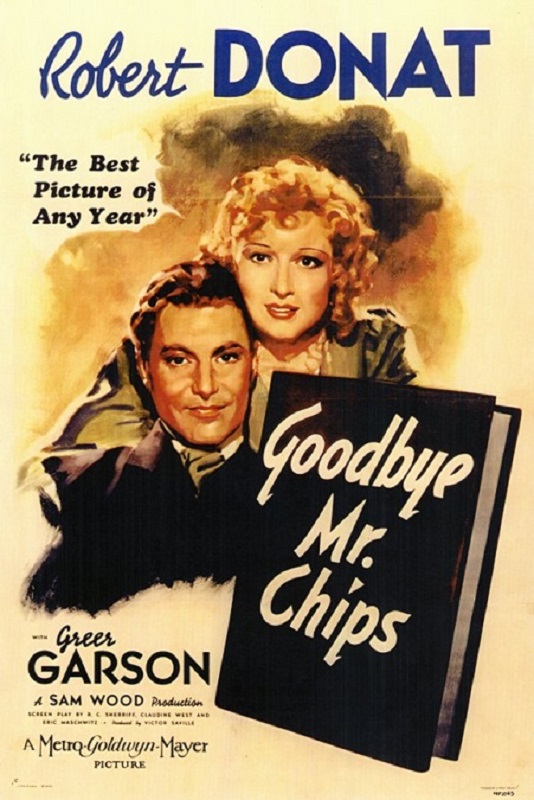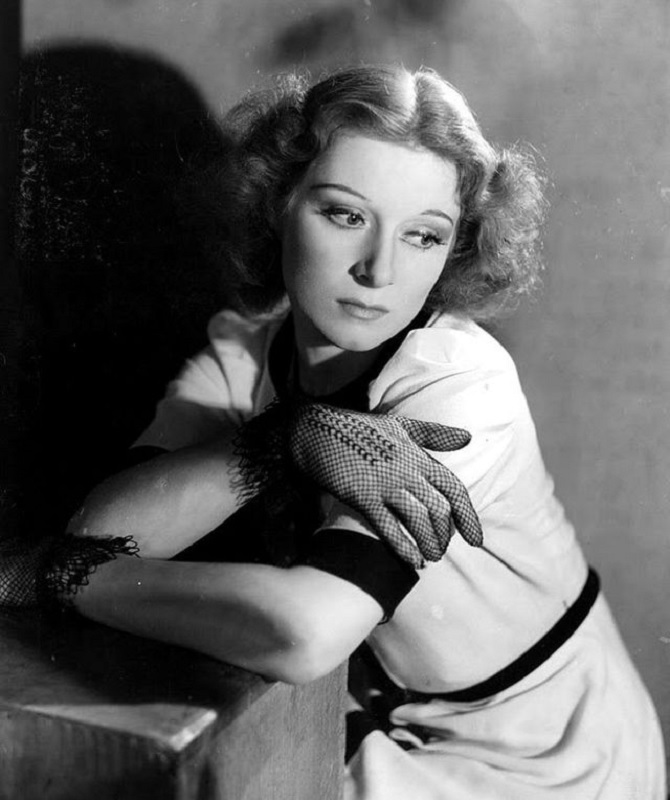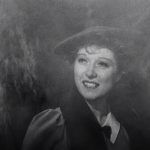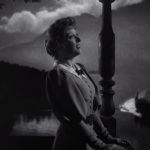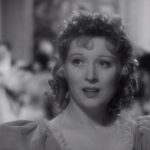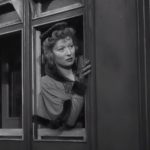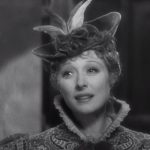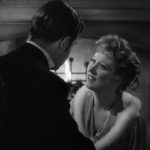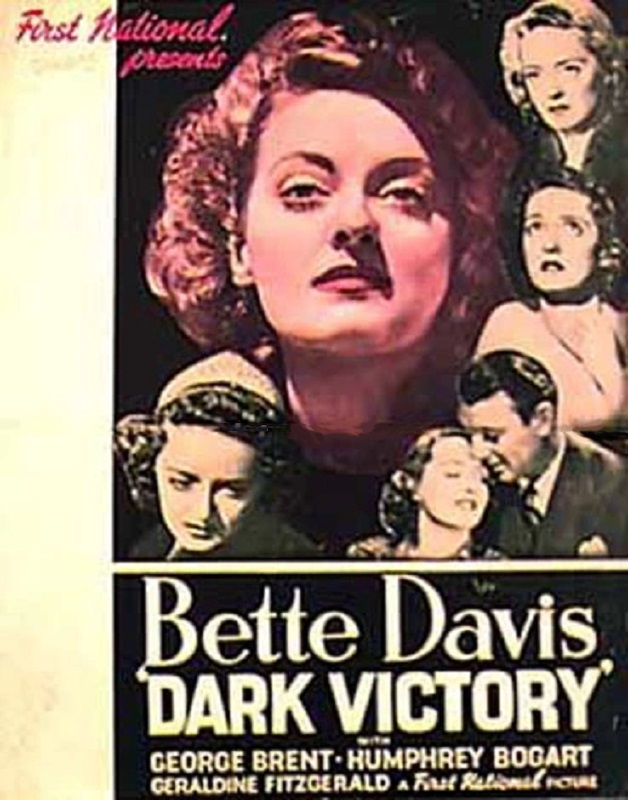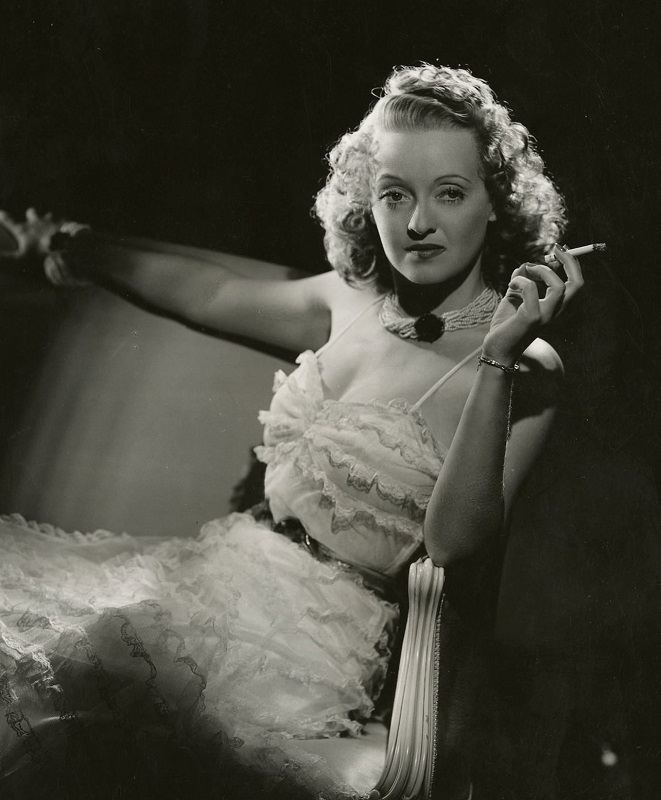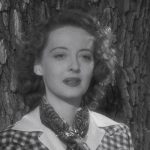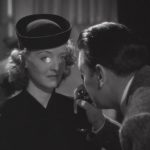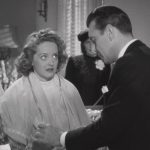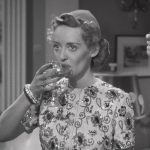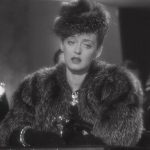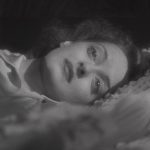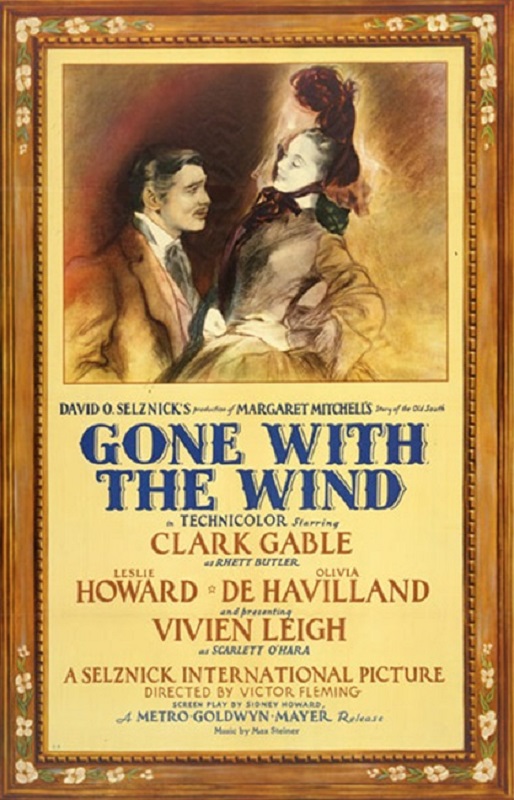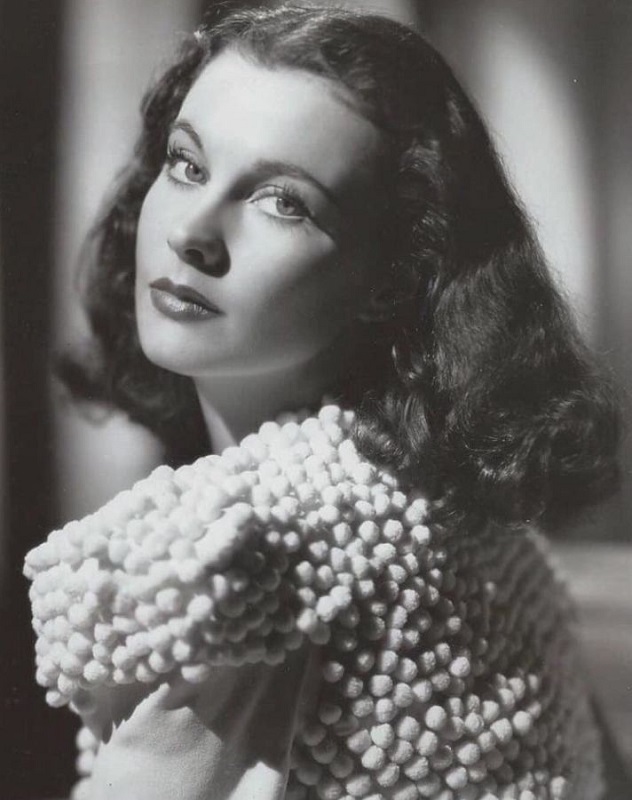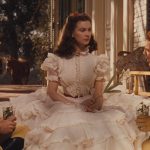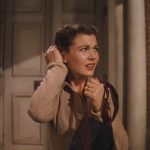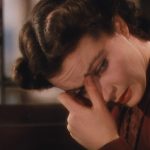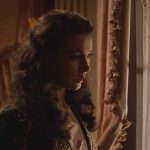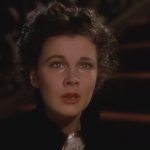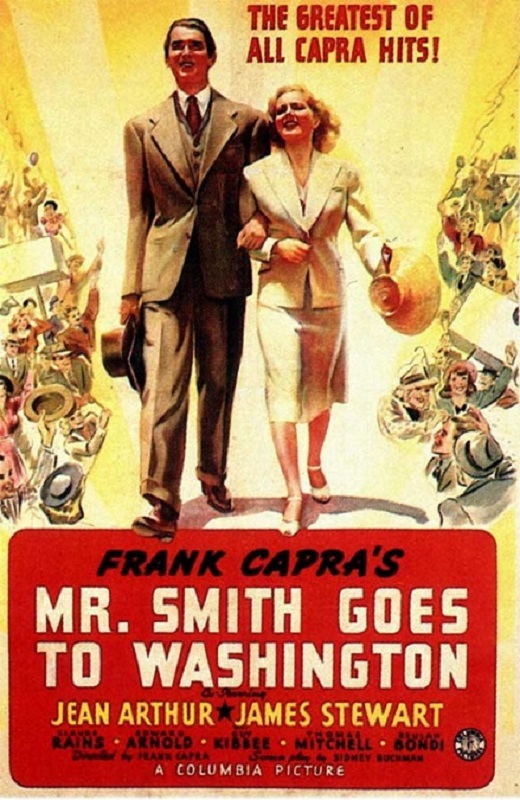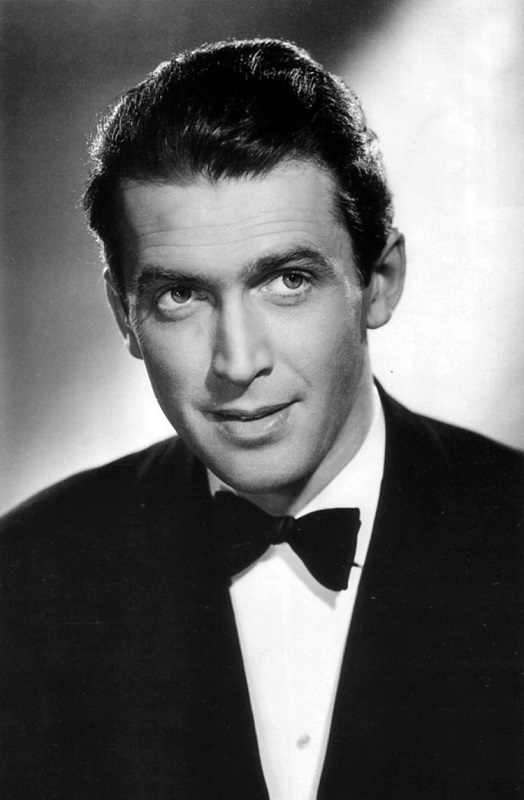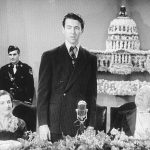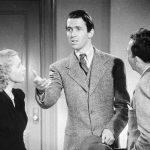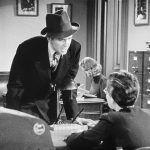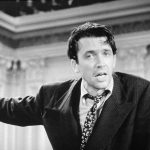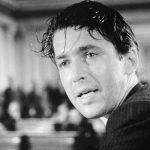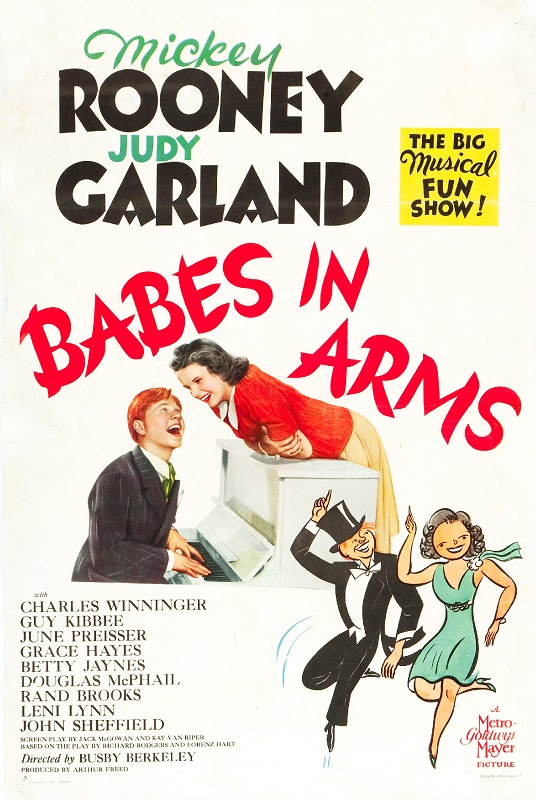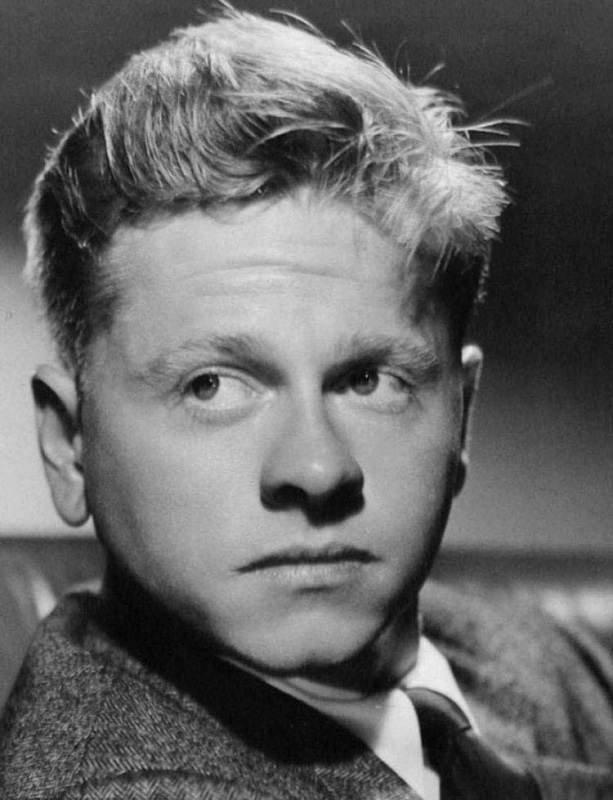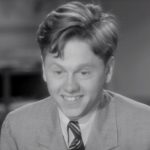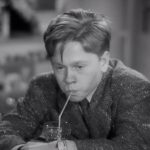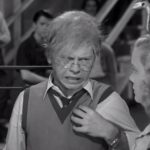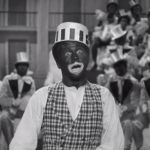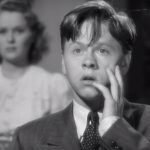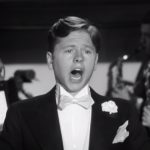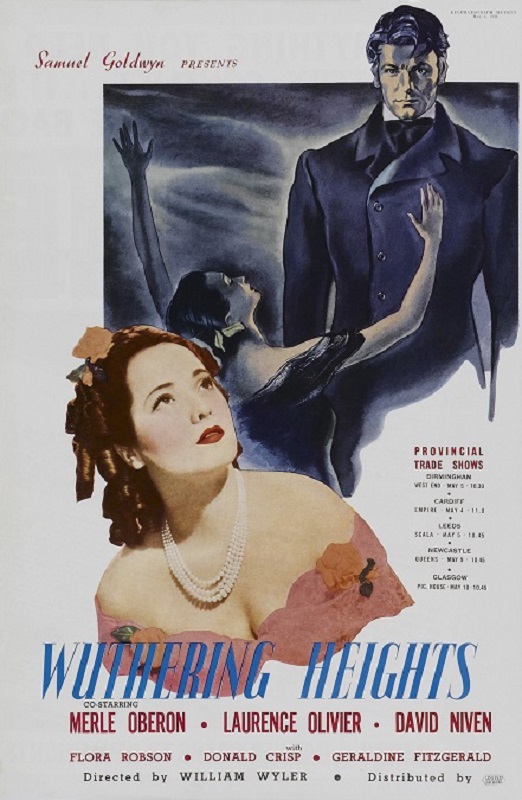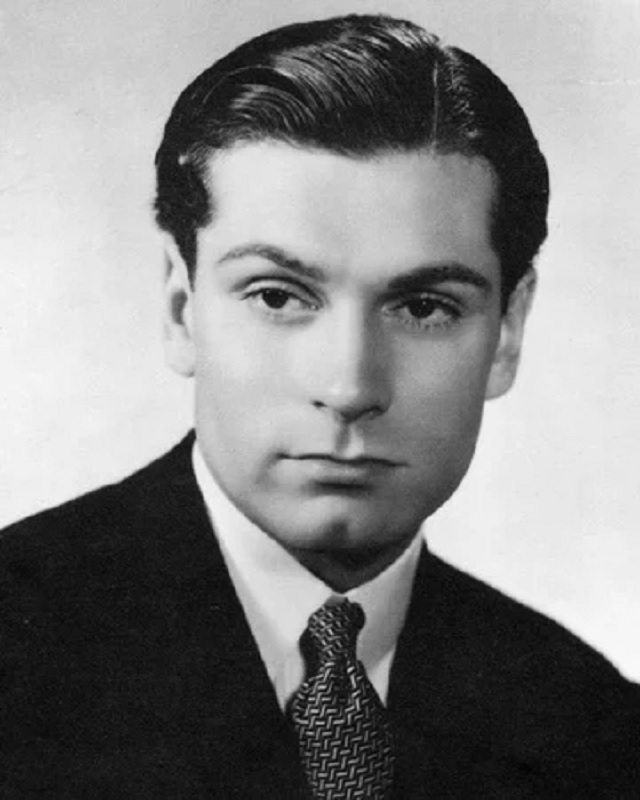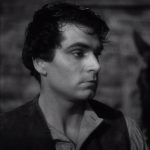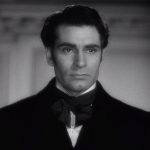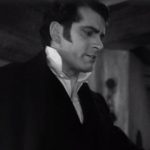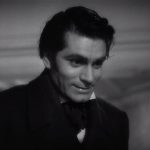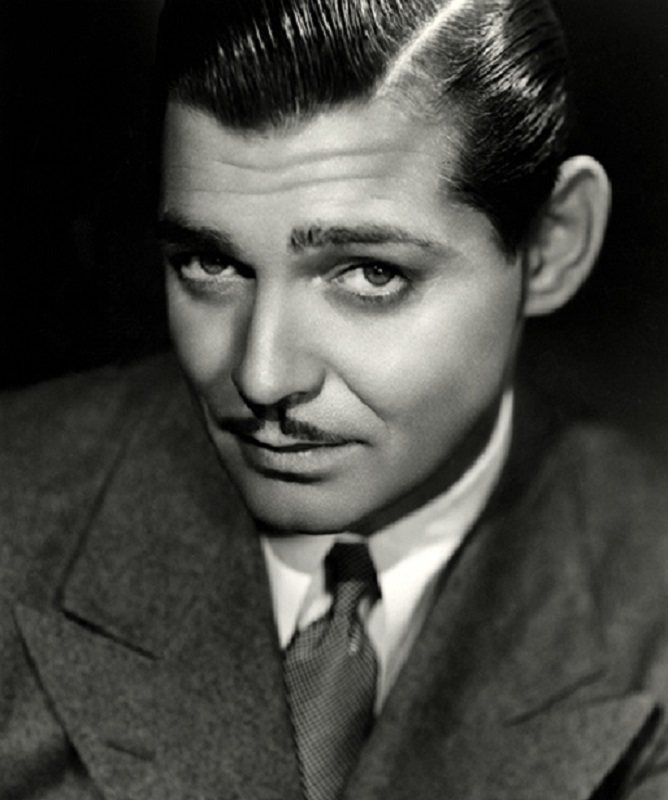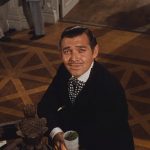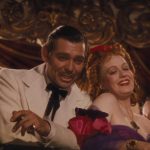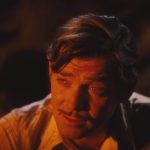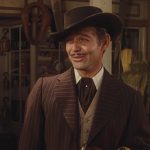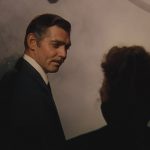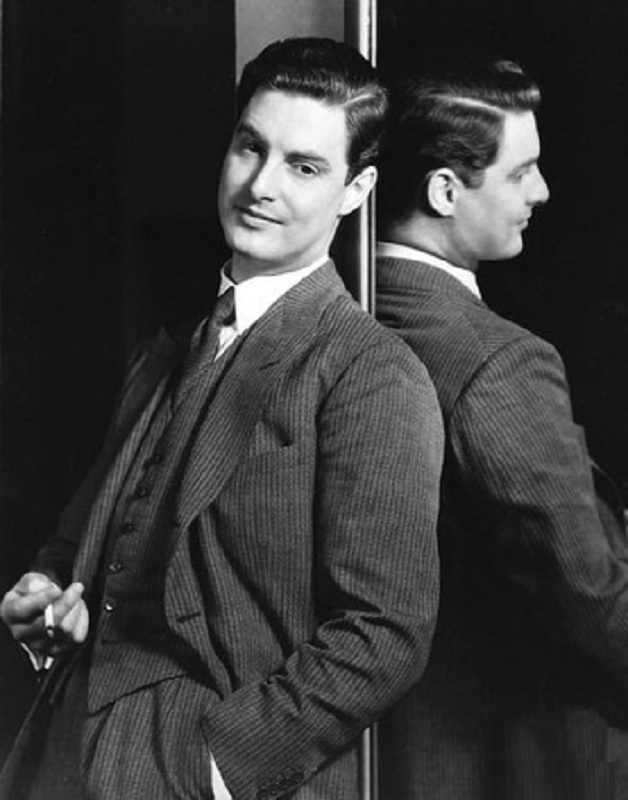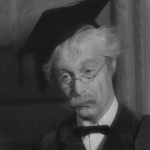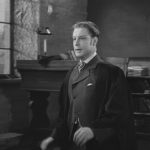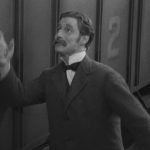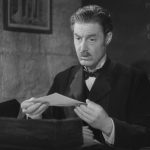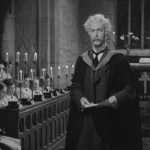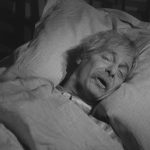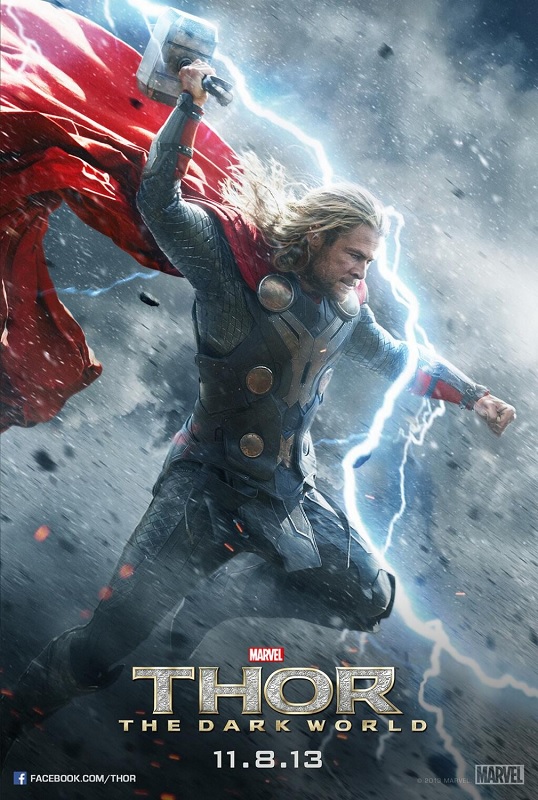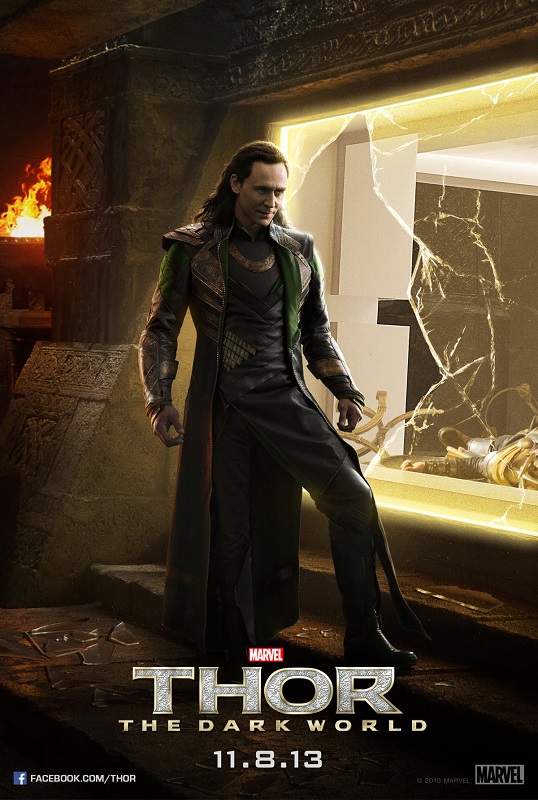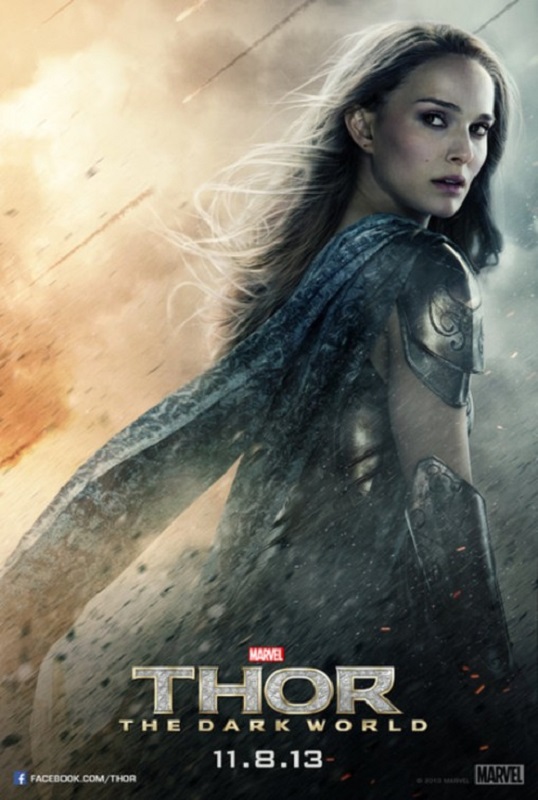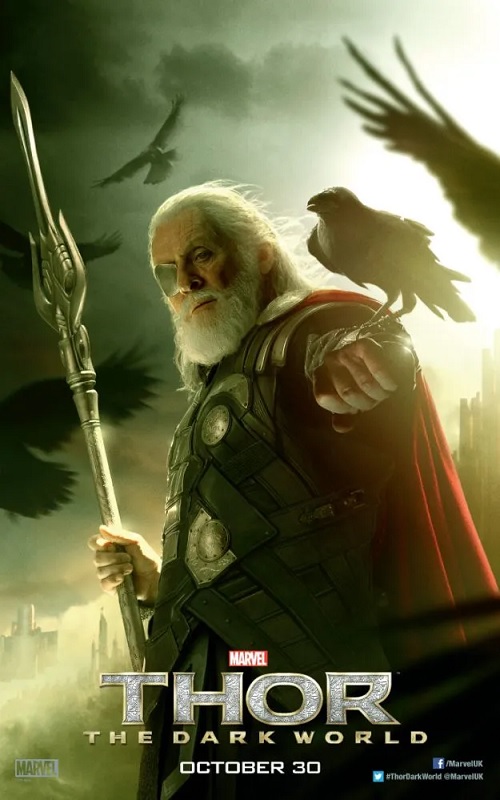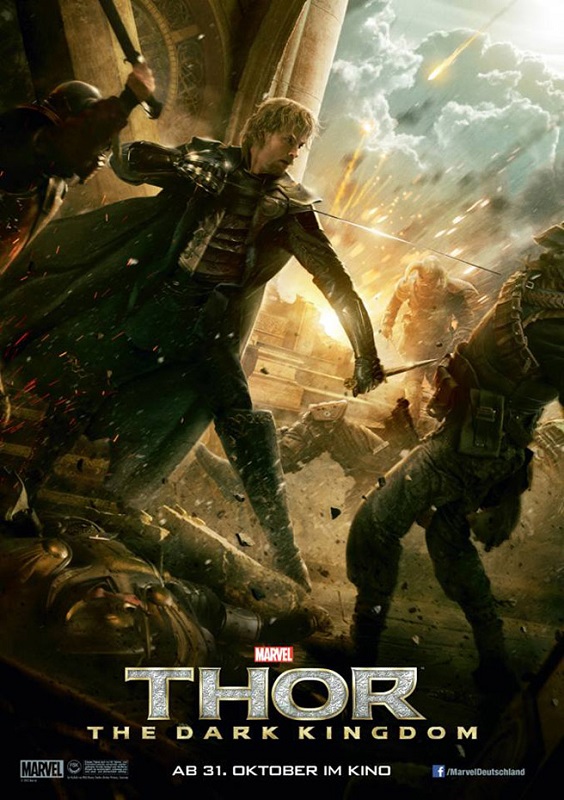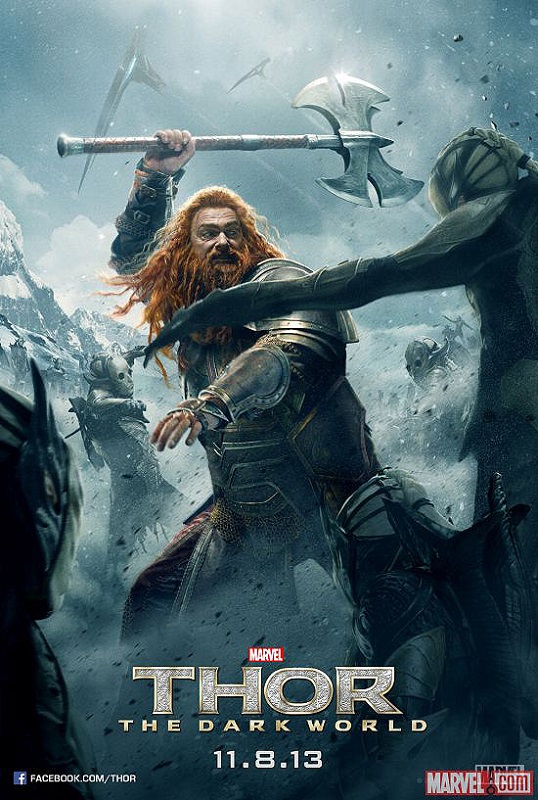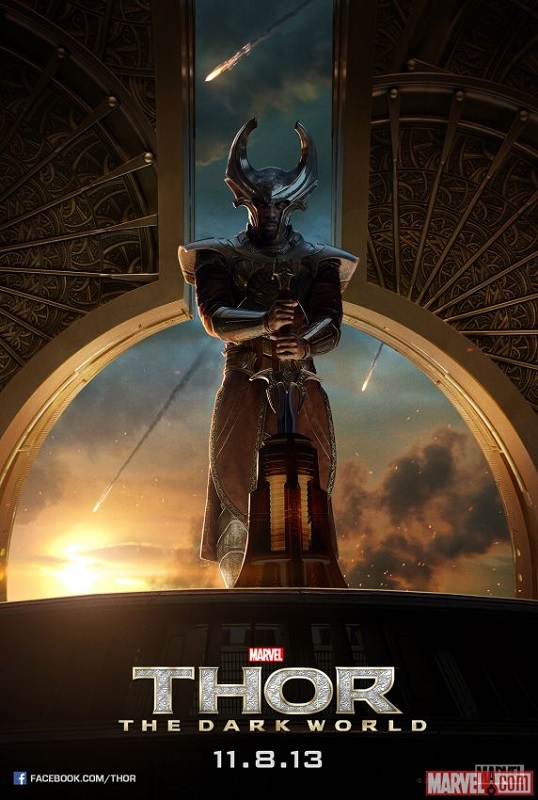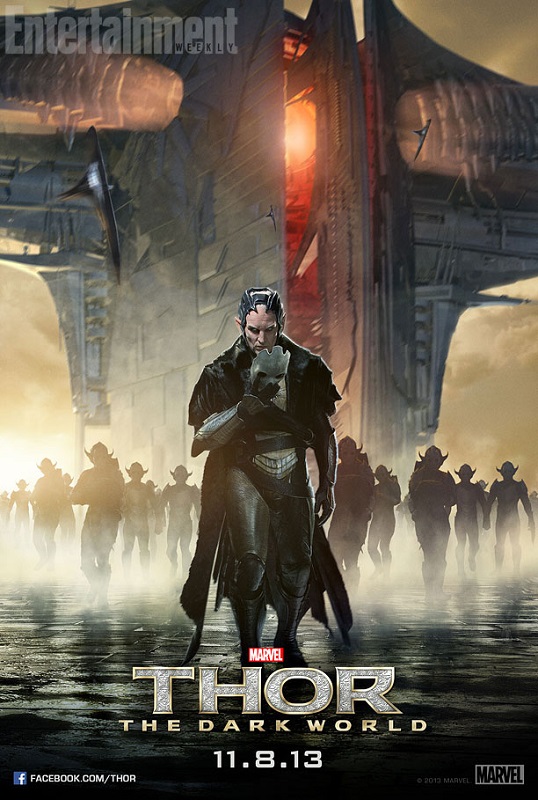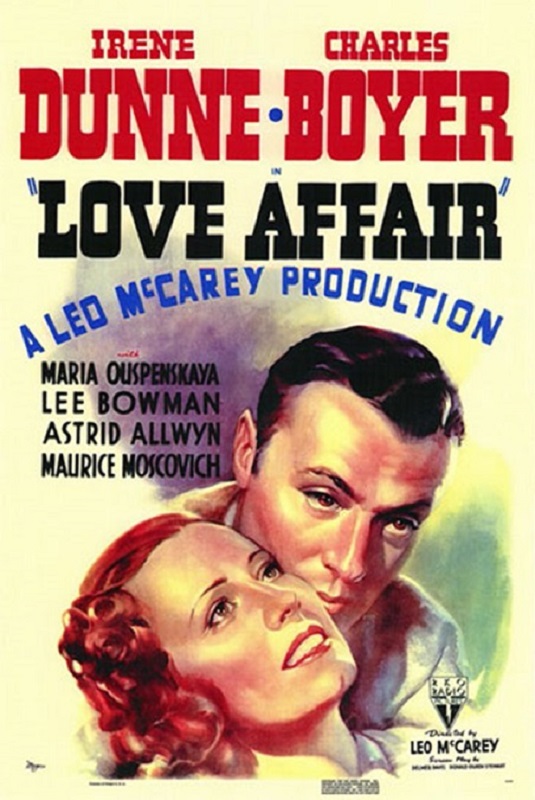
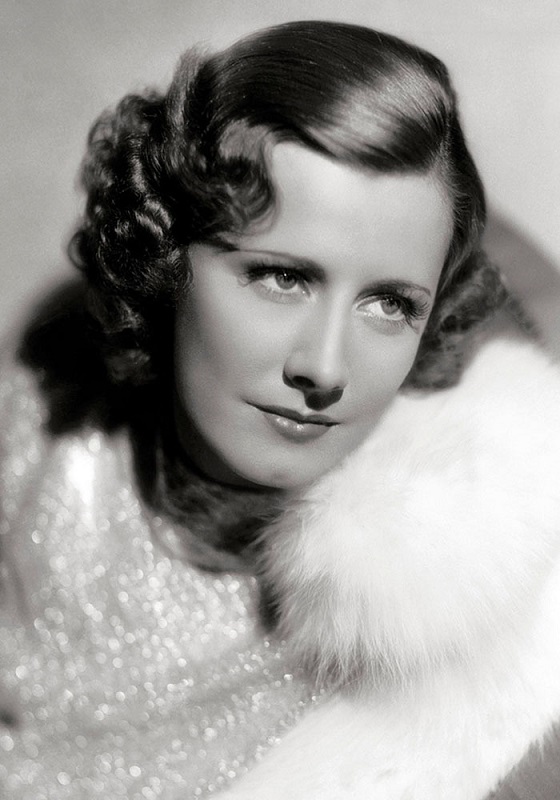


1939 – Irene Dunne
Love Affair
It has been a while since I’ve seen this movie, and I am glad to be reminded of just how perfectly cast Irene Dunne was in the role of Terry McKay. I’ve always really enjoyed Dunne as an actress because had a beauty that was enhanced by an innate intelligence that not all Hollywood actresses possessed. And that intelligence came out in her acting, too. So her attractiveness was more than just skin deep. It came from her body, her heart, and her mind.
So the big draw of the story, as you might imagine from the film’s title, was the romance, and I loved how Dunne portrayed it. At first Terry tries to resist it. She tries to use logic to keep her emotions at bay. But eventually, when she realizes she cannot, she gives in to it completely. But she allows time for both her lover and herself to put their lives in order so that they could be together without deceiving their current partners. So they both did just that. He leaves his fiancée and she breaks it off with her boyfriend. Unfortunately, on the day they were to reunite, she is hit by a car, paralyzing her from the waist down, preventing her from keeping her appointment with her man.
One of the most powerful moments in the movie is when Terry finally gives in to her passions and accepts that she is in love with Michel, played by Charles Boyer. The lighting of the scene, the framing, and the dramatic soundtrack all sold the scene, as did Dunne. As Boyer walks out of the scene, the camera lingers on Dunne and an image of turbulent waters is overlaid over her worried face. She made me understand all the layers of emotion her character was experiencing as she resigned herself to whatever was to come in her star-crossed romance.
And she could sing too. I’ve seen her sing in other films, and I really liked her lyrical soprano voice. Many female singers in films of that era had voices that came across as shrill, but not her. She sounded robust and yet practiced, and very pleasant to the ear. I always know I’m in for a good ride when Dunne is part of the cast. Yes, this was a worthy Best Actress nomination, though I understand why she didn’t win. I mean, she was up against Vivien Leigh in Gone With the Wind.
